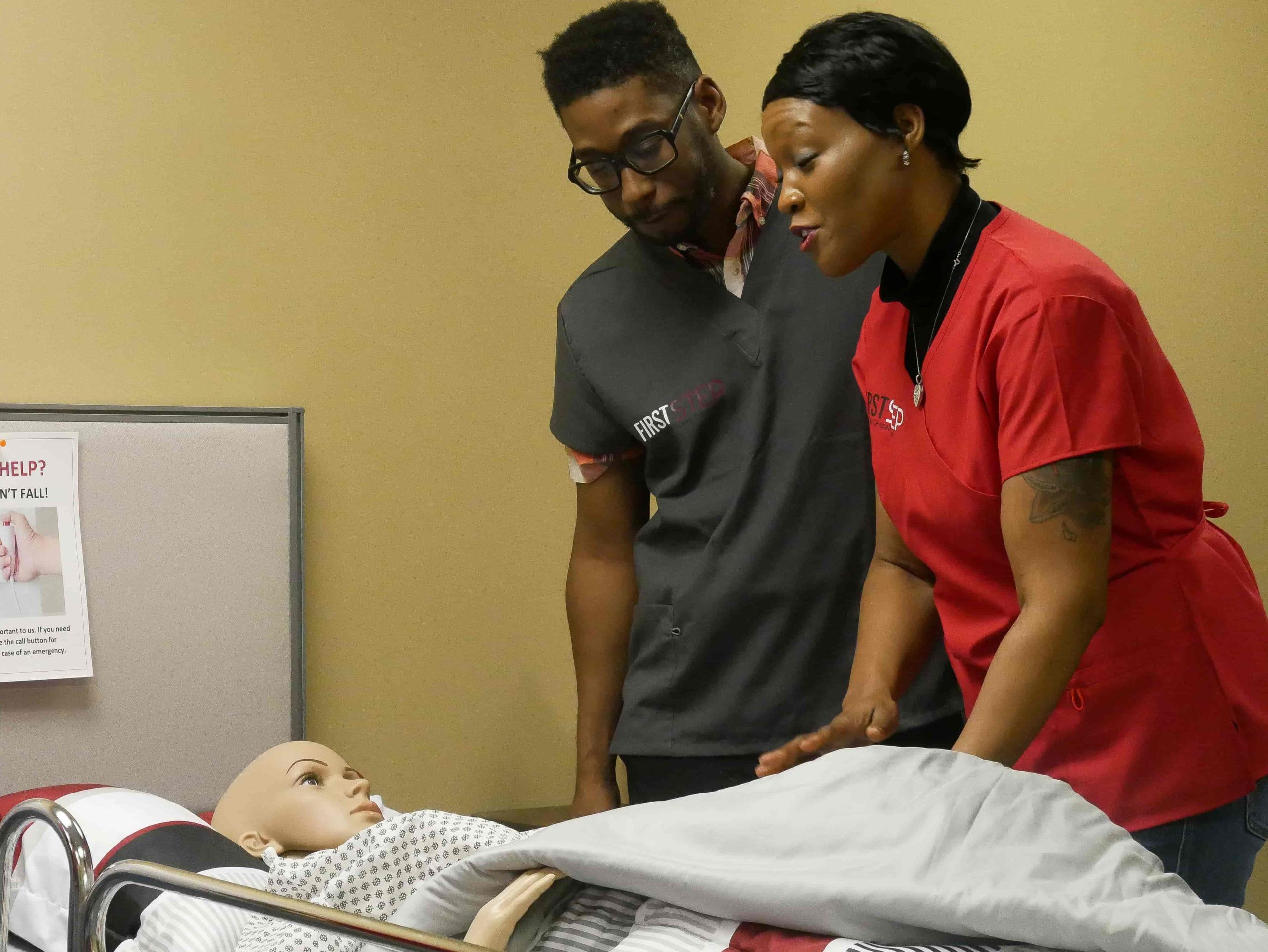
About Course
This 3-week STNA (State Tested Nursing Assistant) class is designed to prepare individuals for entry-level positions in the healthcare industry as nursing assistants. This class includes a combination of theoretical and practical training to provide students with a comprehensive understanding of patient care.
During the first week of the class, students will learn about the nursing assistant profession, healthcare settings, and the healthcare team. They will also be introduced to basic medical terminology, infection control, and prevention, patient privacy, and HIPAA regulations. Communication skills and patient rights will also be covered.
In the second week, students will focus on the basic principles of patient care, including taking vital signs, proper hygiene, and patient positioning. Students will also learn about the various medical equipment and assistive devices commonly used in patient care, as well as how to transfer patients safely.
The final week of the class will focus on advanced patient care techniques, such as wound care, catheterization, and medication administration. Students will also learn about caring for patients with special needs, such as those with Alzheimer’s disease or developmental disabilities.
Throughout the 3-week STNA class, students will have the opportunity to practice their skills in a simulated clinical setting, under the supervision of experienced instructors. Upon completion of the class, students will be eligible to take the state certification exam to become a licensed STNA. With this certification, students can pursue entry-level nursing assistant positions in hospitals, nursing homes, and other healthcare facilities.
Course Content
Prerequisites
-
Collect Paperwork
-
In Person Orientation


Especially loved how you structured the entire focus area of dieting into most important ones to lesser ones.